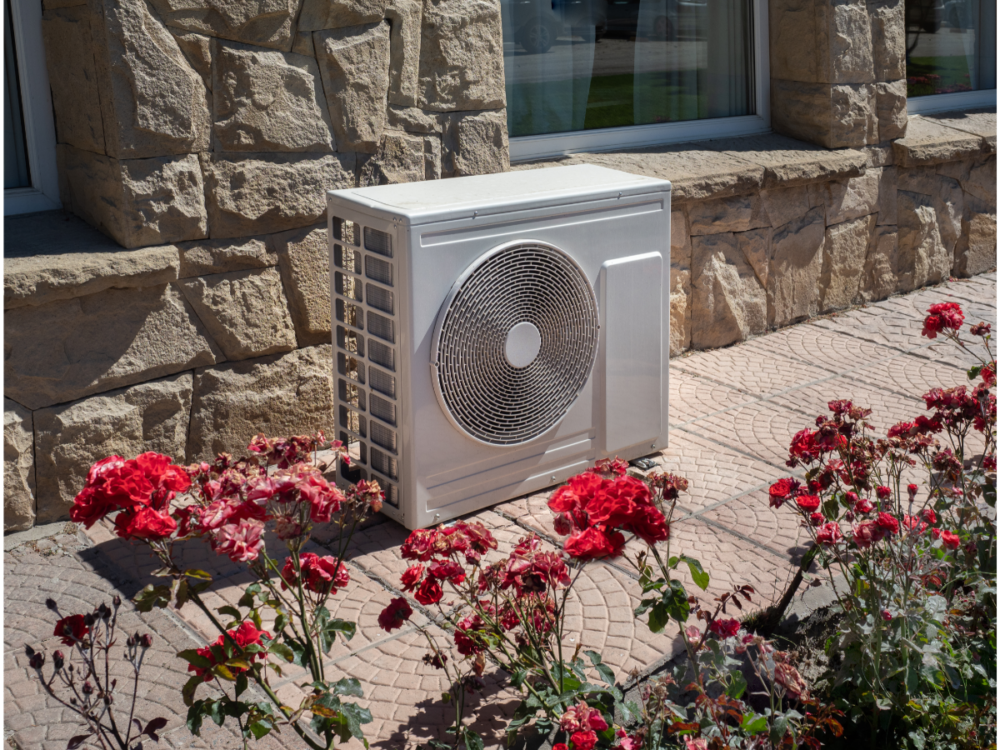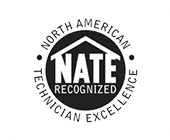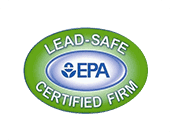Many homeowners find themselves wrestling with questions of whether to install an air conditioner or a heat pump. While air conditioners have long ruled supreme as the simplest and most direct way to cool homes during hot weather, heat pumps are gaining popularity as an eco-friendly option that provides both heating and cooling.
With energy costs and environmental concerns on the minds of many, choosing the right HVAC system is about more than just lowering thermostats—it’s a decision that will impact your family’s comfort and wallet for years to come.
In this guide, we’ll evaluate the pros and cons of air conditioners versus heat pumps so you can make the choice that best suits your household needs both now and in the future.
What is a heat pump?
A heat pump is a type of HVAC system that uses electricity to transfer heat from one location to another. It works by extracting warmth from the air outside, compressing it, and then releasing it into your home through a series of ducts or vents.
Unlike traditional systems that rely on burning fuel, heat pumps simply move existing warm air from outdoors into your home. This makes them an energy-efficient option that can save on utility costs.
The pros and cons of heat pumps
Here are the main pros and cons of heat pumps.
Pros
- Energy efficient: As mentioned, heat pumps do not rely on burning fuel to generate warmth, making them more energy efficient than traditional systems
- Dual functionality: They provide both heating and cooling, making them a versatile option for year-round use (even during the winter time)
- Environmentally friendly: Since they do not burn fuel, they produce fewer emissions and are considered an environmentally friendly option
- Low operating costs: With lower energy consumption, they can result in lower utility bills over time
Cons
- High upfront cost: Heat pumps tend to have a higher initial cost compared to traditional air conditioning units
- May not perform well in extreme temperatures: In areas with extremely cold or hot climates, they may struggle to maintain desired temperatures
- Requires regular maintenance: Like any HVAC system, they require regular maintenance to ensure optimal performance and longevity. This can add to the overall cost of ownership
What is central air conditioning?
Central air conditioning is a type of HVAC system that utilizes ducts to distribute cool air throughout a home. It works by using an outdoor condenser unit to compress and cool refrigerant, which is then circulated through the indoor evaporator coil. The cooled refrigerant removes heat and humidity from the indoor air, effectively cooling it down before distributing it back into the home.
While central air conditioning is often associated with a traditional split-system, it can also come in the form of a packaged unit where all components are housed in one outdoor unit. This type of system is commonly used in smaller homes or apartments.
The pros and cons of central air conditioning
Here are the main pros and cons of central air conditioning.
Pros
- Effective cooling: Central air conditioning is designed for even and consistent cooling throughout the entire home, making it ideal for larger or multi-level properties
- Ease of use: With a central thermostat controlling the system, central air conditioning is easy to use and maintain a desired temperature
- Lower upfront cost: Central air conditioning tends to have a lower initial cost compared to heat pumps
- Longevity: With proper maintenance, central air conditioning systems can last for up to 15 years or more, making it a long-term investment
Cons
- Higher energy consumption: Central air conditioning units typically use more energy than heat pumps, resulting in higher utility costs over time
- Limited functionality: Central air conditioning only provides cooling, so a separate heating system is required for the colder winter months
- Requires ductwork: Installation of central air conditioning requires existing ductwork or the installation of new ducts, which can add to the overall cost
- Regular maintenance necessary: Like heat pumps, regular maintenance is essential for optimal performance and longevity. This can also add to the cost of ownership
Factors to think about when deciding between a heat pump vs. central air conditioning
When choosing between different types of heating and cooling systems, certain factors should be kept in mind.
Energy efficiency
Energy efficiency should definitely be a top consideration for homeowners. As mentioned previously, heat pumps are known for their energy-efficient operation as they do not rely on burning fuel to generate warmth. This can result in lower utility costs over time, especially in milder climates where extreme temperatures are not as frequent.
On the other hand, central air conditioning units tend to use more energy, which can lead to higher utility costs. However, newer models have become more energy-efficient and can still provide cost savings compared to older, less efficient systems.
Climate
The climate in which a homeowner lives should also play a role in their decision. In areas with mild temperatures year-round, a heat pump may be the more suitable option as it can provide efficient heating and cooling without struggling in extreme temperatures.
However, in areas with very hot climates, central air conditioning may be the better choice. Heat pumps may struggle to maintain desired temperatures in these conditions, resulting in higher energy consumption and potentially lower efficiency.
Cost
As mentioned, heat pumps tend to have a higher upfront cost compared to central air conditioning units. However, this initial investment may be offset by the long-term energy savings that come with its energy-efficient operation.
On the other hand, central air conditioning units may have a lower initial cost, but their higher energy consumption can lead to higher utility bills over time. Homeowners should also consider additional costs, such as regular maintenance and potential repairs when making their decision.
Ultimately, the cost will depend on the individual homeowner’s budget and priorities. It is important to weigh the initial investment with long-term savings and choose a system that fits within one’s financial means while still meeting their heating and cooling needs.
Need assistance? Trust Autumn Air
Deciding between a heat pump and central air conditioning is a significant choice that will impact a homeowner’s comfort, energy usage, and finances for years to come. Both systems have their unique advantages and drawbacks, and the best choice ultimately depends on individual needs, climate conditions, and budget constraints.
It’s advisable for homeowners to consult with HVAC professionals to assess and evaluate their specific situation. An expert can provide insights into the best type of system based on the home’s layout, insulation levels, and local climate conditions. Additionally, researching and investing in energy-efficient models can lead to substantial savings and environmental benefits over the system’s lifespan.
Regardless of the choice, proper installation and regular maintenance by a technician are key to optimizing the performance and extending the life of the HVAC system. An expert will have the training, problem solving knowledge, professional certification, expertise, and skill necessary to get the job done right the first time.
Autumn Air has a team of experienced and top-rated professionals who can assist with any HVAC needs, including the installation and maintenance of heat pumps and central air conditioning units. We’ve been in business and have been serving customers in Avondale, Arizona and surrounding areas for almost two decades!
With an industry and community reputation for excellence in customer care, you can trust Autumn Air to help you make the best decision for your home’s heating and cooling needs no matter the season.
Whether you need help with your heat pump, air conditioner, furnace, or anything else, you can expect speed, quality customer service, and value for your money. We also offer emergency service for when you and your family need it the most.
Contact us today for more information or to schedule a consultation—we’re just one telephone call or website form fill away!














